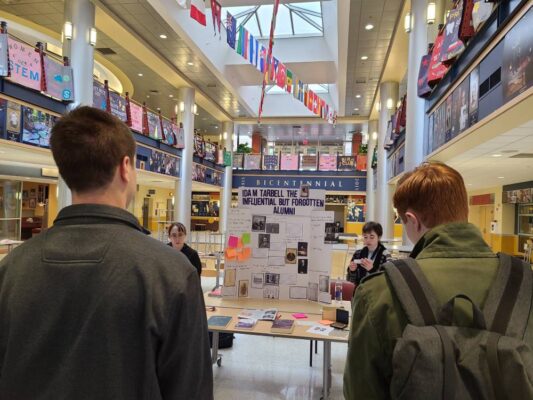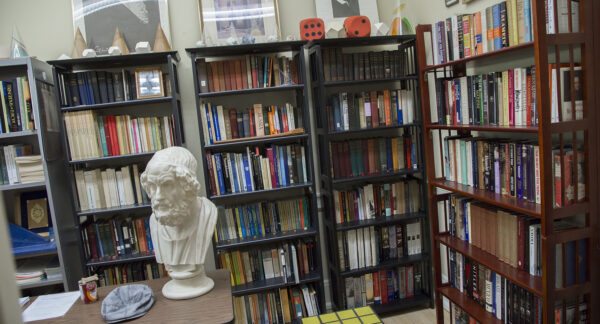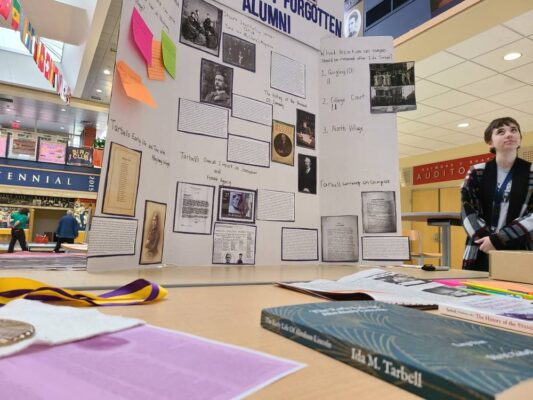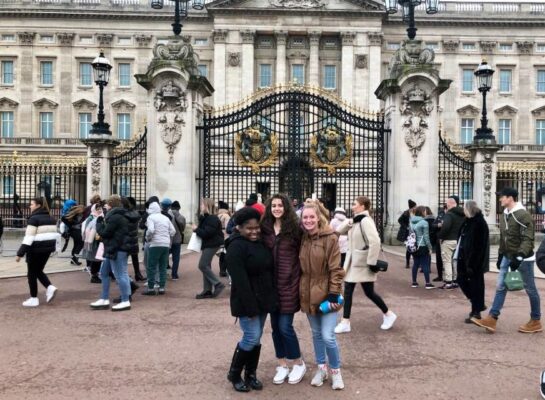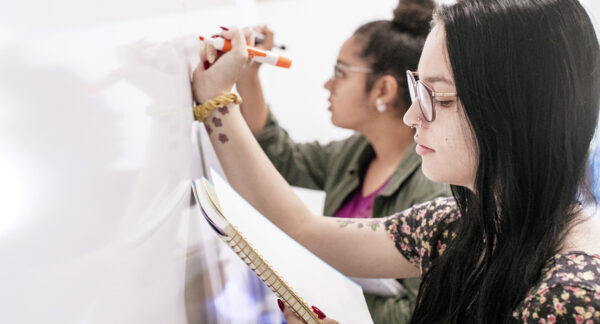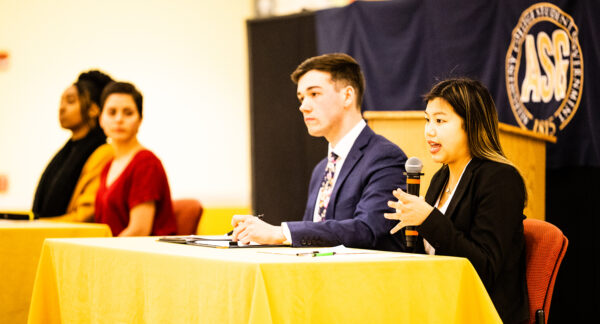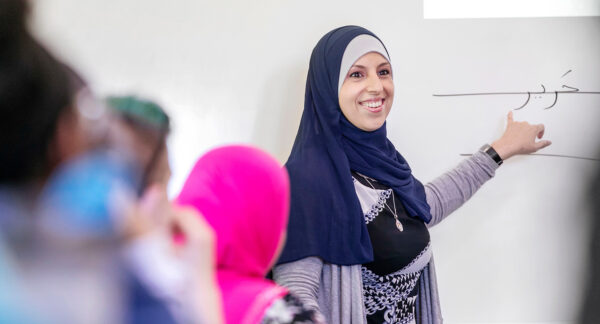
History
Values and Society
Why Major in History at Allegheny College
Rather than asking what happened, we ask how we know. Hone in on research and writing skills to better understand the complex relationship between the past and present to prepare for your future.
Unusual Combinations
Students often combine History with:
Division
- Values and Society
Program Type
- Major
- Minor
Number of Credits
46 for major24 for minorWhere History Alumni Work Today
Director of Federal Relations
City of Boston
Sam Hyun ’14
Volunteer Coordinator
Smithsonian Institution
Michelle Welker ’11
Founder
The Curious Art Historian
Janelle Diethelm ‘12
Communications Director
Nan Whaley for Governor
Courtney Rice ’12
Public Policy Attorney
Hunton Andrews Kurth LLP
Fred Eames ’86
Allegheny College has been a great place for me to cultivate important skills that will be useful throughout the rest of my life such as critical thinking, interpersonal communication, and evaluating sources.
Your Four-Year Journey
Year 1: Understanding
Begin with survey courses in European, American, and non-Western history to gain exposure to a wide range of geographic, regional, and national histories. Courses offered include History of the United States to 1865, Colonial Latin America, A History of the Modern Middle East, 1839-present, The Greek World, 1184-323 BCE, and The Soviet Century, 1917-present. 200-level topical courses are also an option for entering students.
Year 2: New Approaches
Dive into historical interpretation and debate in 200-level and 300-level courses. 200-level topical courses include A Survey of American Women’s History, Socialism and Post-Socialism in People’s Republic of China, African-American History since 1865, Law and Democracy in Ancient Greece, and Piracy in the Americas. In the second year, you’ll also learn the tools of the historian in the sophomore seminar.
Year 3: Delving Deeper
Explore historical interpretation and argument in 200-level and 300-level courses. 300-level topical courses include The Third Reich and the Holocaust, Disease and Medicine in Modern History, American Environmental History, Modern Chinese Warfare, and Dictators & Development in Latin America. In the third year, you’ll also take an intensive Junior Seminar to strengthen your research and writing skills, and you’ll begin to identify a region and period to explore in your senior comp.
Year 4: The Comp
The senior comp is a centerpiece of the fourth year. Working closely with your comp advisor, you’ll conduct extensive research using primary and secondary documentation and develop an original thesis and argument. You’re immersed in a research project of your own design!
Faculty and Staff
Assistant Professor
Ph.D., University of Iowa; M.A., Georgia State University; B.A., John Carroll University
Email: bmiller2@allegheny.edu
Phone: 814-332-4302
Associate Professor
Ph.D., State University of New York; M.A., Georgia State University; B.A., Beijing Language and Culture University
Email: gwu@allegheny.edu
Phone: 814-332-4307
Featured News
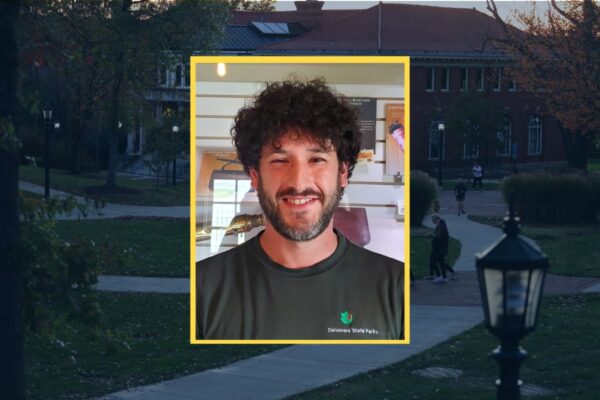
From Gator to Guide: How One Graduate Turned History and Nature Into a Dream Career
Thirteen years after graduating from Allegheny College, Tyler Dreiblatt ‘12 has found his sweet spot, where history, nature, and storytelling come together.


